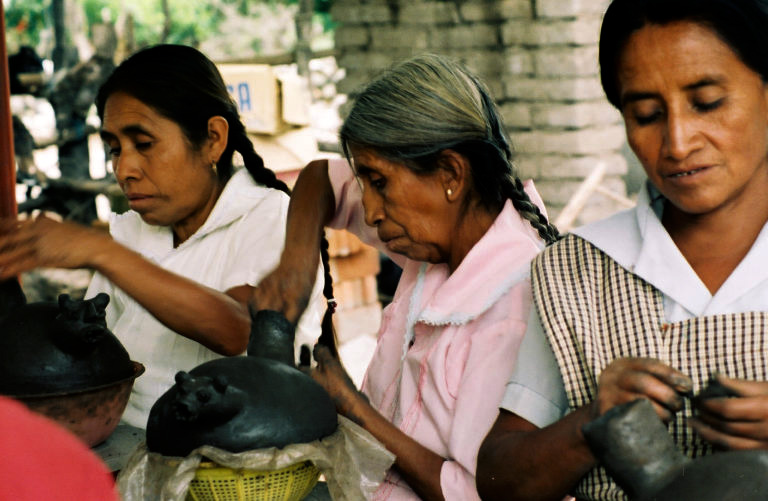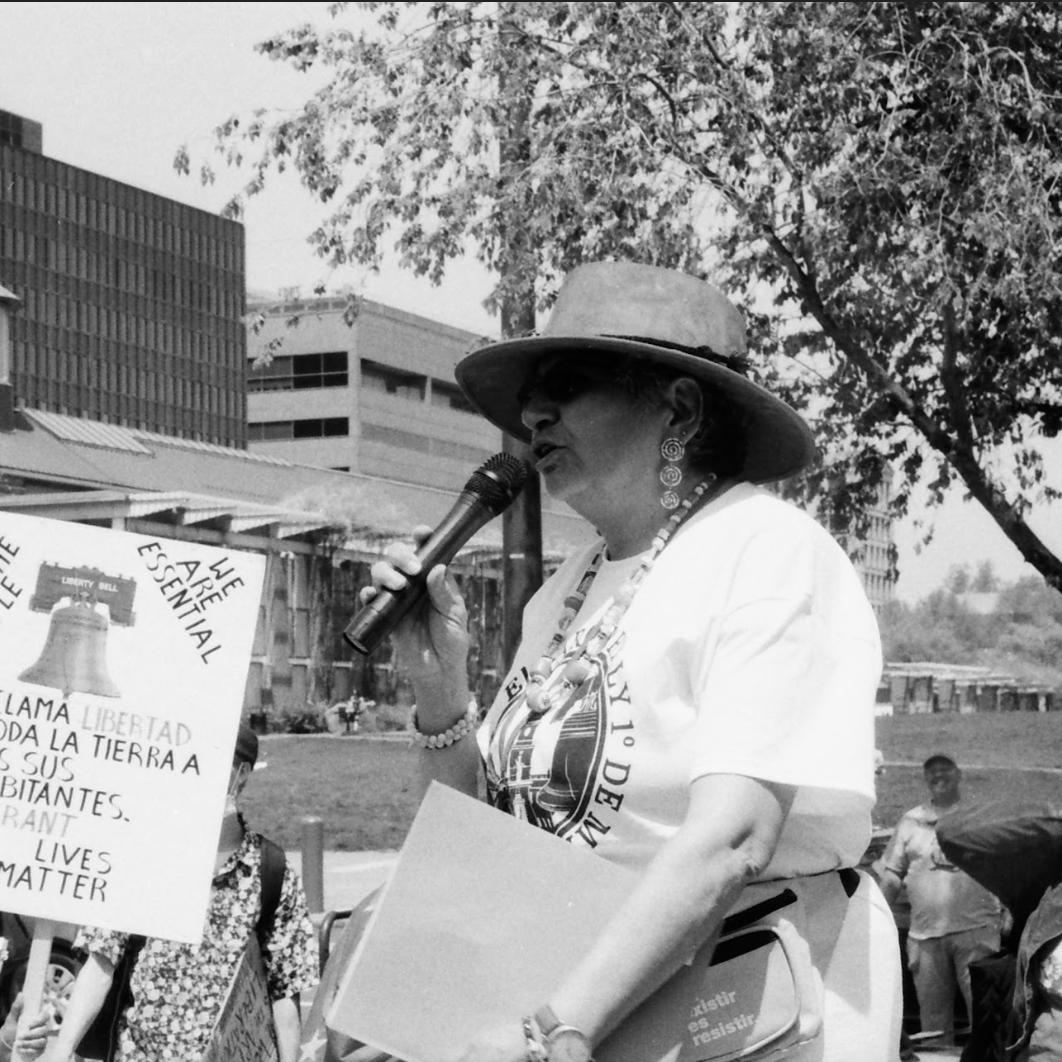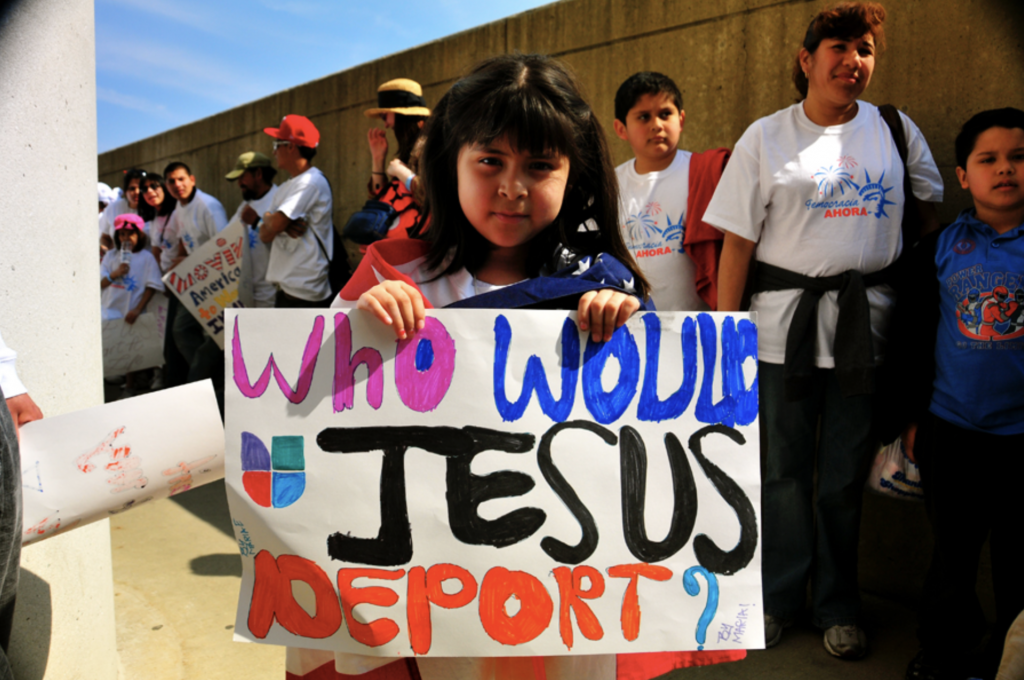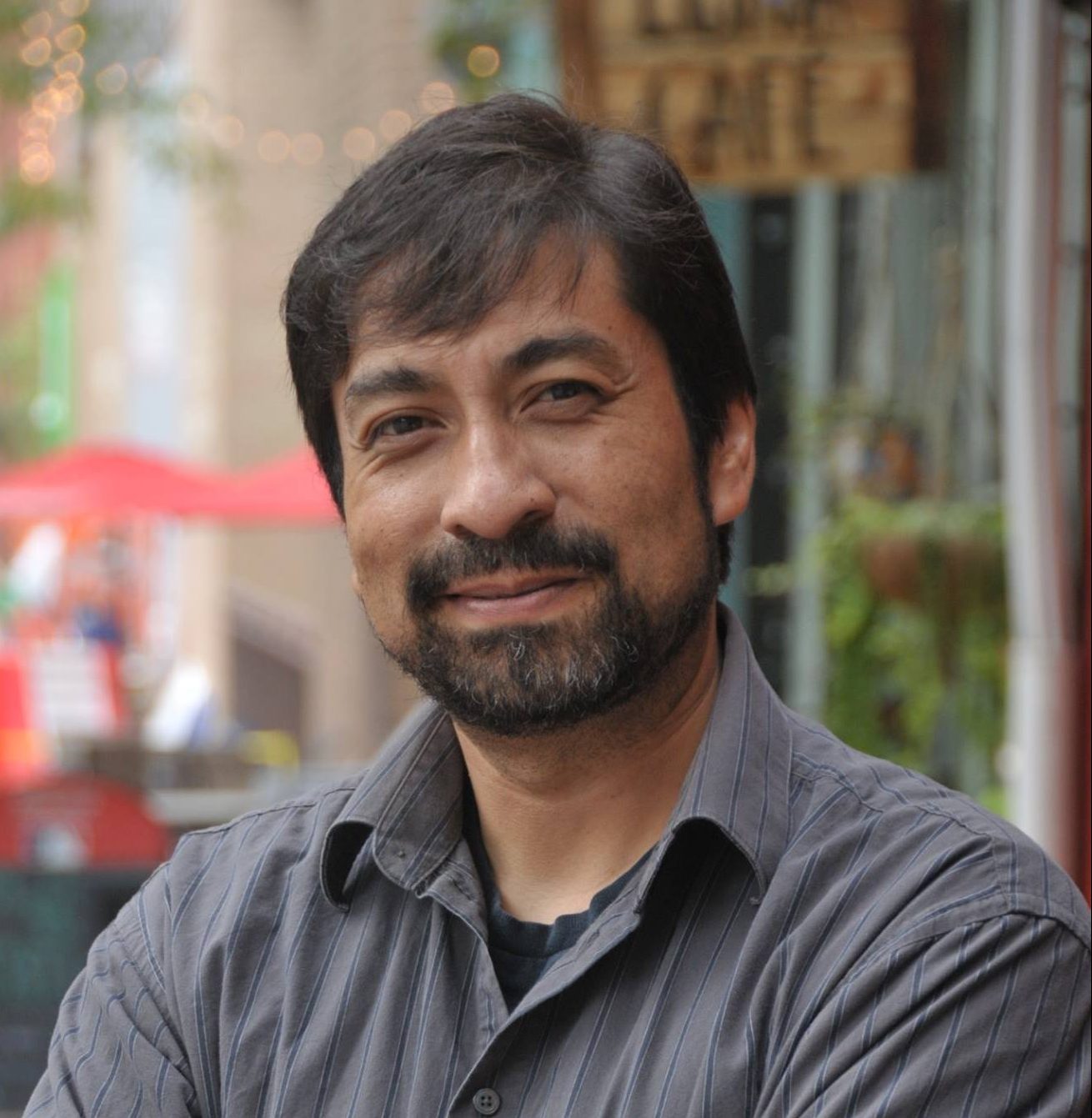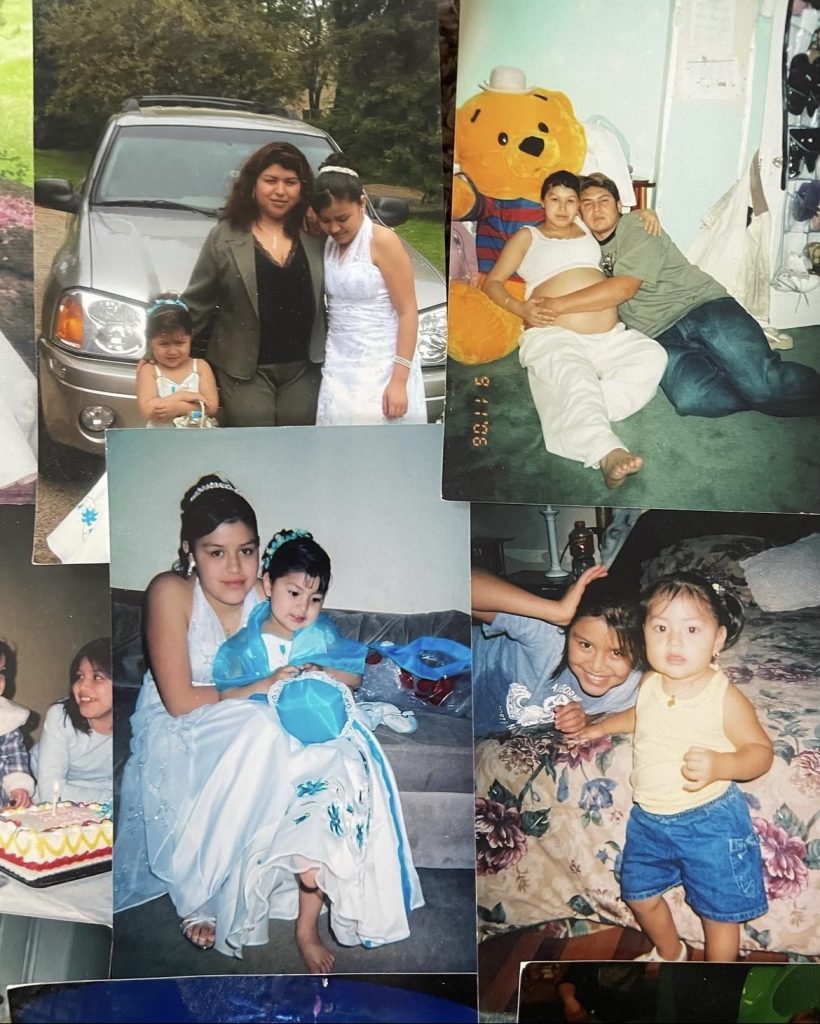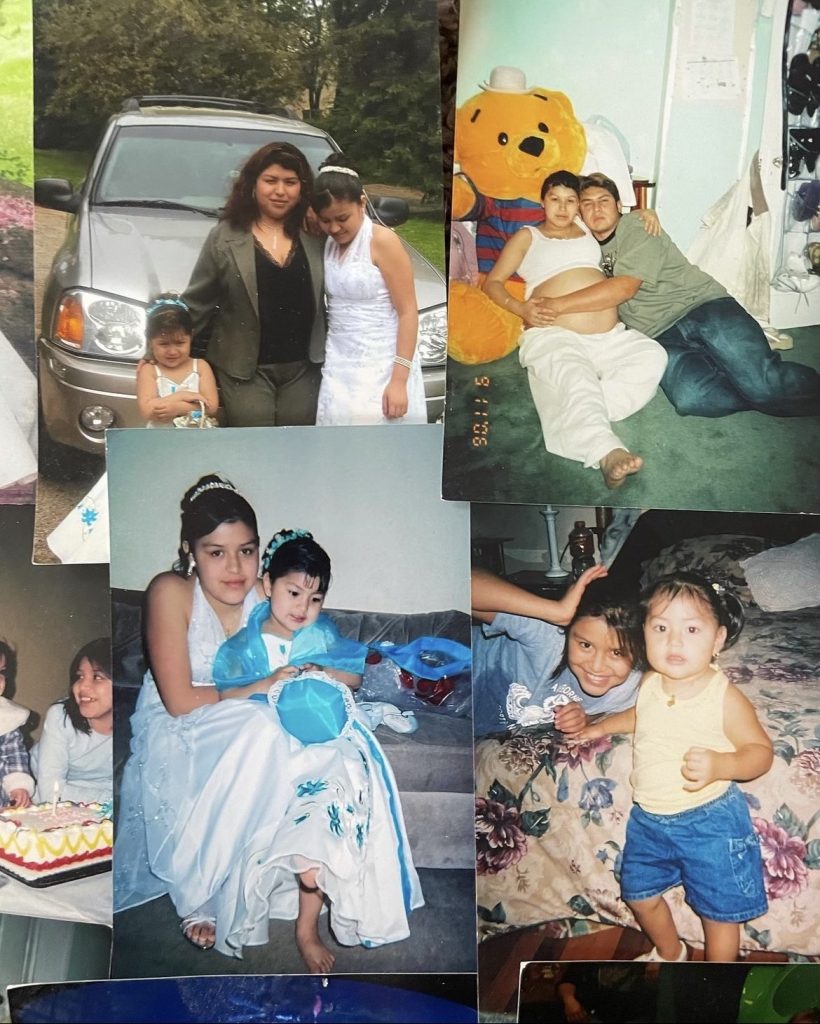By Cathy Bartch
Freirean Diplomats: How the Penn Model OAS program, a university-community based program with CCATE and Philadelphia public school students, integrates the Brazilian philosopher’s theories in educating global citizens
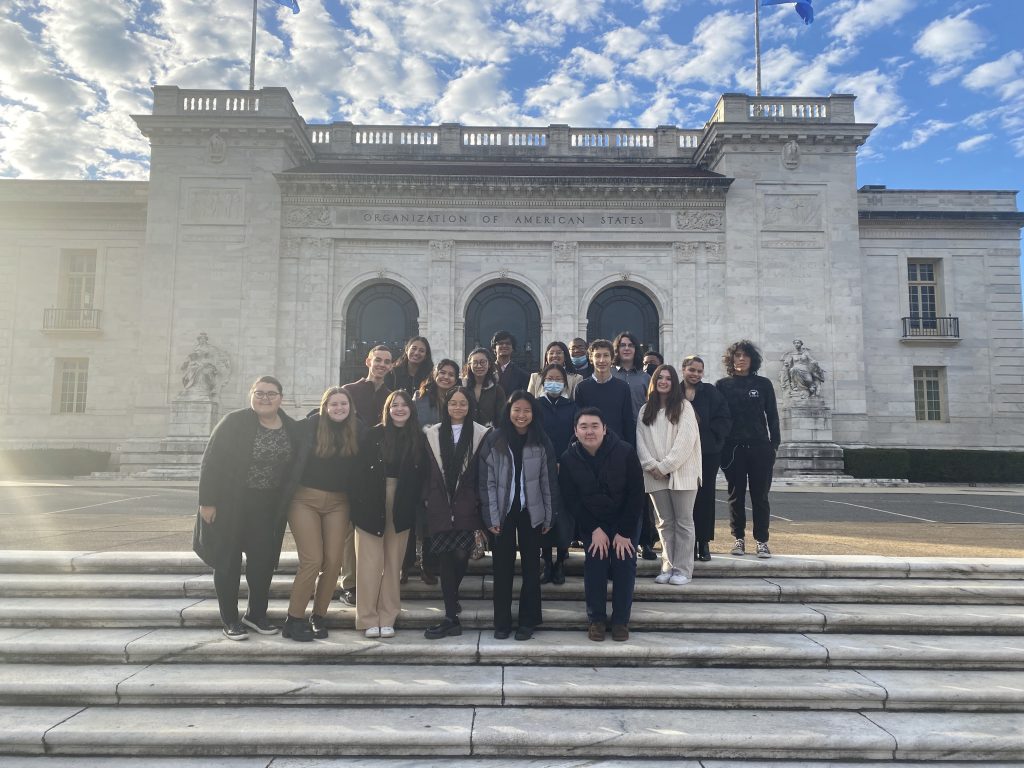
What do Paulo Freire, the renowned Brazilian critical educator and philosopher, and diplomacy have in common? Why may one be introduced to and study Freire, the author of Pedagogy of the Oppressed, in the context of a course on diplomacy? What can diplomats, either budding or real, learn from the celebrated philosopher?
The course Diplomacy of the Americas, is a class I teach which is a seminal component of the University of Pennsylvania’s Center for Latin American and Latinx Studies’ Penn Model OAS Program. The course views diplomacy, an area conventionally perceived as the realm of elites, through a Freirean lens in an effort to educate global citizens and find transformational solutions to pressing world problems.
Diplomacy in the Americas is an experiential, academically based community-centered course where college and public high school students from Philadelphia and Norristown (particularly those who are part of CCATE’s high school program) collectively learn about how Freire, Latin American politics, and diplomacy, interrelate. Students research and carefully propose solutions to hemispheric problems in simulations of the Organization of American States (OAS). By engaging directly in debate and negotiations in Penn Model OAS, students apply their critical thinking, public speaking, and writing skills, as well as deepen their understanding of international politics.
The guidepost to the course, for both the high school and college cohort, is global and civic education, but the college students are given the specific task of designing and implementing a structured, in-class, active learning curriculum on the topics of democracy, development, security, and human rights, the four OAS pillars. To prepare college students for this pedagogical exercise, they could solely be given a resource on teaching techniques or a guide about how to design global education curricula. In fact, they are introduced to Fernando Reimers’ Empowering Students to Improve the World in 60 Lessons, which provides an excellent overview of the general capacities, dispositions, and knowledge youth should possess to develop global civic and political efficacy. This book and his framework are instrumental to the college students learning about how to educate young learners for global citizenship. Yet, while it addresses structural inequalities in wealth and income, it only goes so far in delving into the politics behind these disparities, critiquing the dictates of neoliberalism, or addressing the nuances behind societal polarizations.
Freire’s framework presented in Pedagogy of the Oppressed as well as his other writings, adds an enhanced dimension to the experience. Freire pushes students to see the world around them, think about it critically, and act on it by bridging theory with practice, an action he terms praxis. He calls for educators to abandon the “banking” method of teaching, or depositing information in students’ minds, and instead activate a critical consciousness where students bring their lived experiences in critically analyzing larger social, political and economic structures.
It is this conscientizaçao that awakens people to the larger structural inequalities, or systems of oppression between the oppressor and oppressed as Freire elaborately discussed, so that they can take action to transform the world. Freire, at least in my opinion and my modest study of his readings, doesn’t describe in concrete detail the nature of what this transformation may look like or the difficulties in forming a successful struggle, but his theory for liberatory education provides a philosophical opening, for the educator and student to approach the world and politics critically, reducing apathy or sense of powerlessness when tackling global problems.
This is why it is important for the educator and the student to read some of Freire’s works. Hence, both high school and college students in the PMOAS program are assigned excerpts of Pedagogy of the Oppressed, with the college students having additional related readings by bell hooks and Ira Shor and Paulo Freire. Moreover, in the context of Latin American and hemispheric politics, it would be grossly negligent to not engage students in concepts of colonialism, systems of dependency, or other dynamics to explain the political economic trajectory of Latin America as it has been inserted into the global capitalist system. Freire provides a theoretical backdrop to this understanding.
Coming back to the topic of diplomacy, why would Freire’s Pedagogy of the Oppressed or other writings be relevant to the study of diplomacy itself? In the Diplomacy in the Americas course, students learn about diplomacy through multiple channels in and outside the classroom including visiting with ambassadors, becoming “diplomats” in the simulations of the OAS General Assembly, attending talks on cultural diplomacy, and participating in other lectures and dialogues with experts and peers. Through these varied activities, students learn diplomacy is more than negotiations between elite ambassadors. Diplomacy can be carried out by people at all levels as a practice in art and science to strive for peace across differences. It could be revealed as high-level negotiations during times of crisis, or expressed through art forms, such as paintings or media representations of cultures worldwide, or demonstrated through sports as the great Brazilian soccer player Pelé demonstrated, or it could be any form of sharing of cultures with one another.
Freire’s emphasis on critical education and the development of counter-narratives should be essential education for any diplomat, whether nascent or seasoned. Reading Freire would aid a diplomat in understanding the structural imbalances in society and challenging the notion that states, their borders, and the global society, often deemed anarchical due to an absence of a world government, are fixed rather than socially constructed over time and in constant flux.
If diplomats read Freire they would be better equipped to listen to the people on the ground, those from all walks of life, especially the most marginalized, in considering what policies would engender the most effective and humane results. Importantly, reading Freire would help diplomats shed hubris in favor of empathy and humility. As Peter Lownds, co-founder of the Paulo Freire Institute at UCLA, wrote in a 2004 book review, “Love, tolerance, and humility, [are] three qualities that Freire found indispensable for what he saw as our constant work in progress – ‘becoming fully human’ – [and] are inextricably tied to work in which we involve ourselves with others.” Furthermore, Lownds added, “Praxis only ‘liberates’ if it transcends solipsism and links us to our fellows who today may speak languages and act in ways we do not at first understand.”
Indeed, the ideal diplomat should possess expert knowledge of the politics and history of a country, sharp critical and analytical acumen, and top-notch public speaking and writing skills, among other traits, as former distinguished U.S. ambassador Robert Blackwill outlines here.
By reading Freire, however, a new ideal diplomat could emerge, one that is not confined by national interest, mired in a zero-sum mentality, or unquestionably adheres to the dictates of the neoliberal market system. The Freirean diplomat would negotiate and dialogue with the aim of political transformation that strives to dismantle the capitalist oppressed and oppressor system globally.
The Freirean diplomat would also just not be the diplomat seated in the OAS’ Hall of the Americas or the UN’s General Assembly. As Obed Arango states in his presentation on the 200th anniversary celebration of Mexico-U.S. relations, the real diplomat is the immigrant. The Freirean diplomat would endeavor for an ideal world of transcending borders to better understand one another and protect fundamental principles like human rights, bridging theory and praxis to activate a conscientiousness that will engender real political change for those who have historically lacked equal political and economic power. Most importantly, the Freirean diplomat would put empathy and love first.
This “ideal” Freirean diplomat is what we strive to teach in the Penn Model OAS program.
Cathy Bartch
Catherine Bartch is the Associate Director of the Center for Latin American and Latinx Studies at the University of Pennsylvania, and the Co-Director of the Penn Model Organization of American States (OAS) program. Her research interests include Latin American politics, U.S. politics, democratic theory, civic education and participation, and international development. She has taught an array of courses on these topics and others, including International Organizations in Latin America, Latin American Politics, and Latinxs and the Law, at various regional private and public universities and community colleges. Her current research and teaching focus on how to educate for global political participation. She is involved in local and state-level politics, and she has served as an election monitor in the U.S. and Bolivia. Catherine also serves on the board of CCATE and the Institute for Dialogue and Diplomacy.
